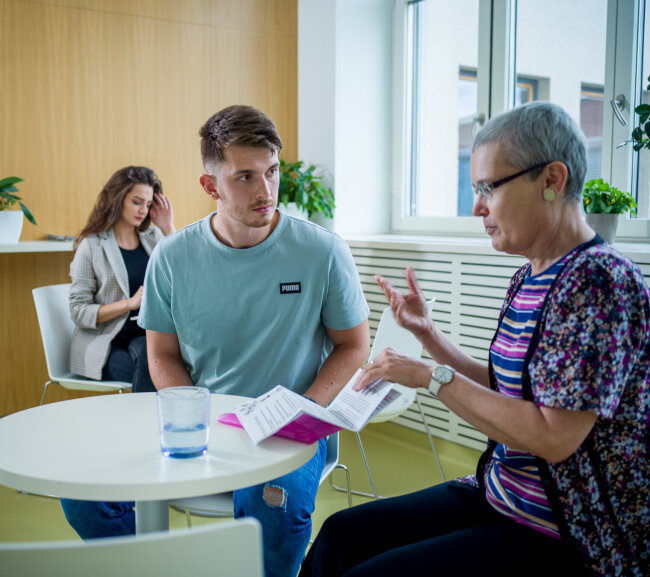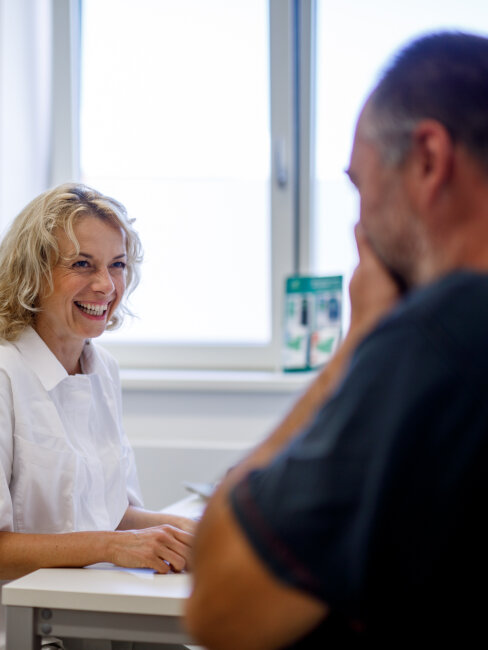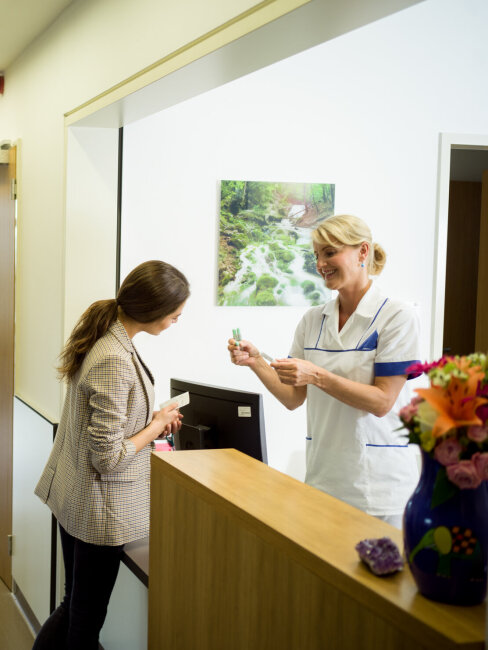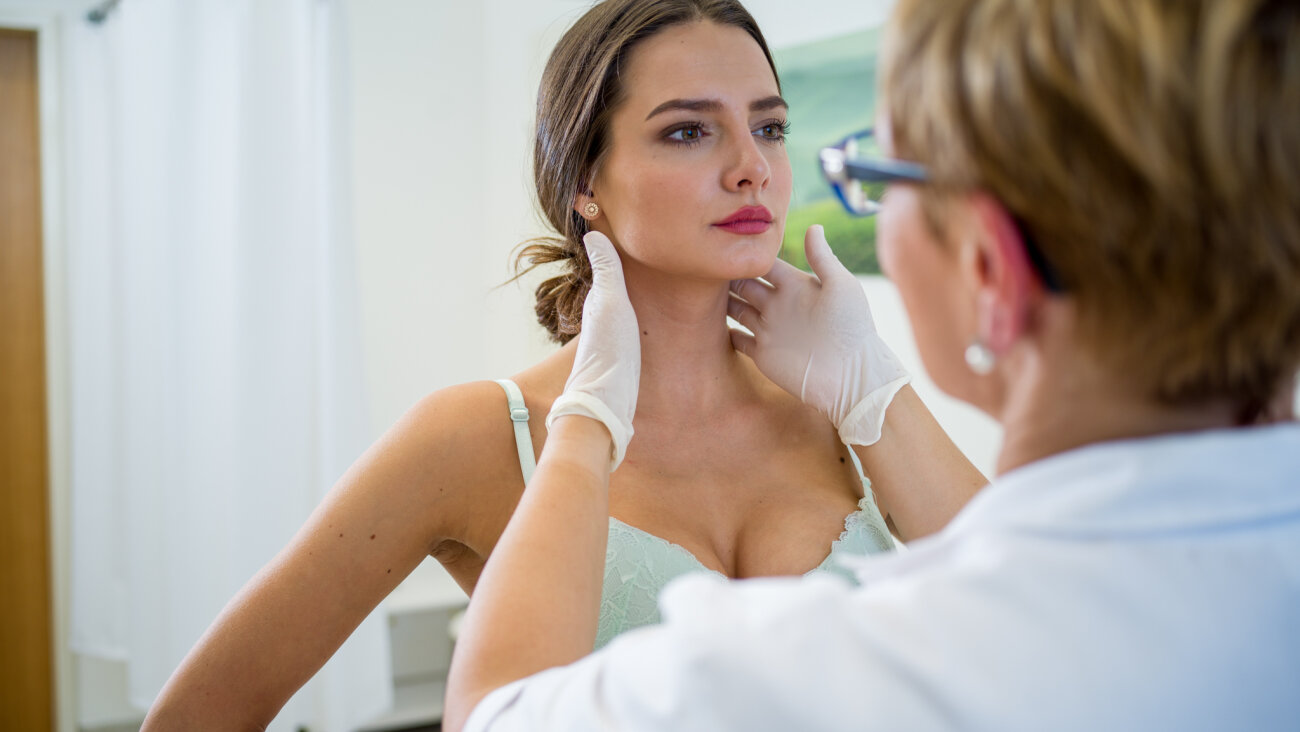1How to Prevent Cancer
According to the World Health Organization, one in three cancers can be prevented through simple lifestyle modifications.
The cornerstone of primary cancer prevention is to avoid tobacco exposure. One year of smoking cessation reduces the risk of lung cancer by a third.
Show more →
Diet
Alcohol
Vaccination
Physical activity
Sleep
Environment
European Code Against Cancer
Show less →

It's never too late
to change
your lifestyle.


2How to Detect Cancer Early?
We offer a comprehensive prevention program suitable for everyone.
In oncology, it is understood that the earlier cancer is detected, the better the outcomes, as early stages are more likely to be curable. Additionally, treatment is often less demanding.
Preventive Cancer Screening at MMCI includes a broad spectrum of examinations aimed at diagnosing the most common types of cancer.
Show more →
- The crucial part of the consultation involves an examination by an experienced oncologist. Firstly, you will discuss your personal and family history with the doctor.
- You will also undergo a physical examination, which includes skin inspection, lymph node examination, as well as measurements of blood pressure, pulse, and weight. Additionally, an ECG recording, blood sampling, urinalysis, and fecal occult blood test will be conducted.
- During the consultation, you will be asked about your lifestyle habits, and you will receive personalized counseling regarding possible risk factors, if identified.
- Chest X-ray and complete abdominal ultrasound will be provided to evaluate the liver, kidneys, pancreas, bile ducts, and bladder. Additionally, men will undergo ultrasound of the testicles, and women will have a breast ultrasound.
Based on your results, the doctor will complete a comprehensive medical report within two or three weeks, which will be sent to you by registered mail, by email, or you can collect it in person.
To date, the MMCI prevention program, called the Cancer Prevention Program for Everyone, has essentially saved more than 200 lives. Otherwise healthy clients, who were completely free from any symptoms, were diagnosed with cancer early enough to enable less invasive and more effective treatment measures.
Show less →
Cancer detected early
is highly
treatable.
3Prevention After Cancer Treatment
Prevention is also very important for patients who have successfully recovered from cancer. Almost every cancer survivor has concerns that the cancer may return after being cured once. Regular examinations and check-ups may help minimize the risks. At the same time, patients should not forget to follow diet and activity guidelines to prevent recurrence or the development of new cancer.
We provide specialized follow-up and counseling on preventing cancer recurrence or the development of a second tumor, i.e., a tumor in another part of the body.
Show more →
The first step in preventing cancer recurrence is regular follow-up, i.e., active medical monitoring of the patient in remission. The aim is to detect early signs of cancer and initiate adequate treatment as soon as possible. Your attending physician will establish a personalized schedule for you, including all necessary examinations and appointments.
In addition to regular follow-up care, preventing cancer recurrence also relies on your own responsibility and adherence to healthy living recommendations. Alongside lifestyle counseling, our dedicated personnel can assist you in coping with the psychological aspects of a cancer diagnosis, such as the fear of recurrence, and support your adaptation strategies to life's challenges.
To help reduce your cancer risk after successful treatment, follow the principles of primary cancer prevention, attend preventive check-ups, and participate in screening programs, just like other healthy individuals. This may increase the chances of early cancer detection and successful treatment.
Show less →
In patients with complete or partial remission, the whole body must be checked during preventive care.

Free Cancer Helpline
Monday – Friday from 7.30 AM to 3.00 PM
(+420)800 222 322